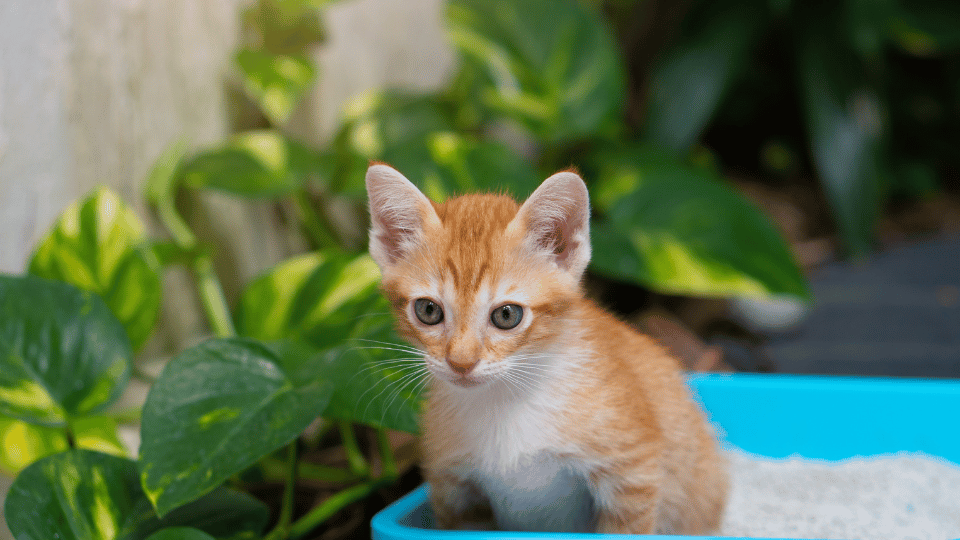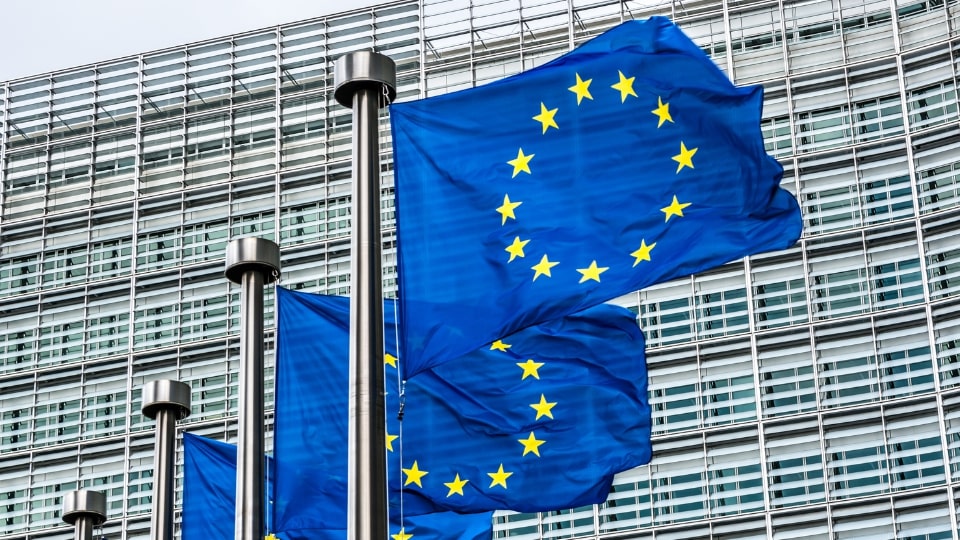
Environmental awareness is a growing issue in the cat litter segment. We analyze how players around the world are responding to new sustainability demands.
Sustainability is a hot topic in most sectors, and the cat litter market is no exception. The segment has traditionally been driven by clay-based products, accounting for 40% of the market. New natural cat litter products are increasingly emerging that contribute to reducing the pet’s carbon footprint.
Ethical products
Allied Market Research forecasts that the cat litter market is expected to reach $11.2 billion (€10.5B) by 2030 and register annual growth of 4.7%. There is a good chance that much of this growth will come from sustainable cat litter, based on recent research. According to the American Pet Products Association’s (APPA) National Pet Owners Survey 2021-2022, more than 50% of pet parents were willing to spend more on ethically sourced and eco-friendly pet products, including cat litter.
Willingness among pet parents
Although the spending on such products differs from market to market, various players have noticed a willingness to buy eco-friendly cat litter, even if it is more expensive. This is the case for South Korea’s
Alfred Pet, for example, which makes cat litter using seaweed and corn starch. The company recently presented a cat litter upcycled from decaffeinated coffee grounds.
Boxiecat, a Californian-based manufacturer that creates cat litter from natural and sustainable ingredients, estimates that pet parents spend an average of $70-500 (€65-468) a year on these products. The company admits that sustainable products come at a higher price point, but explains that this is due to superior performance and higher-quality ingredients.
Innovative projects around the world
Last year, British pet product manufacturer Pettex introduced a cat litter made from soybean curds and natural starches. The soiled litter is flushable and is designed to ensure fast absorption and low tracking.
Wealthy Moggie Innovation, a Bangkok-based cat litter firm, claims to be the only company in the world to manufacture and sell a product made 100% from cassava, a Thai root vegetable. The producer raised $288,600 (€270,112) and expects its sales to grow by 10% over the next 5 years. It is currently exporting its chemical-free, all-natural cat litter to South Korea, Malaysia, Australia and the United Arab Emirates (UAE).
Melbourne-based DiaperRecycle is diverting nappies from landfills by upcycling them into cat litter. It also maintains that its cat litter is highly absorbent and flushable, besides being recycled from discarded diapers. The company raised A$335,000 ($226,000 / €212,000) from a public investment round last November.
Natural and renewable
A number of big corporations have recently invested in offering natural and environmentally friendly cat litter products. For example, consumer goods giant Unilever entered the industry in 2021 with the launch of its pet care range called Cafuné in Brazil. It included a cat litter product made from all-natural, renewable and compostable ingredients, packaged in sugarcane-based plastic.
Meanwhile, Mars Petcare’s direct-to-consumer (DTC) firm Natusan offers a biodegradable cat litter platform using recycled wood materials in its products. The product is created in a way that enables tight clumping. This enables pet owners to use up to 65% less litter in comparison to alternative brands, according to the company. Mars acknowledges that price plays a crucial part in consumer choices, but stresses its own role in educating pet parents that sustainable solutions are not necessarily more costly.
Last but not least, Nestlé Purina has launched what it calls ‘the first cat litter in a durable and refillable container’ in the US, such as for its Tidy Cats LightWeight Free & Clean cat litter. This is part of the firm’s acknowledgment of consumers’ crucial role in reducing waste and its commitment to improving its eco-friendly packaging.
The latest articles

How pet parents will shop for their pets this Christmas
A new survey takes the pulse on holiday shopping trends in the UK, including popular categories and average spending.

General Mills’ pet portfolio posts negative performance
Both revenue and net sales dropped by 4% in the last quarter amid less demand.

Negotiations of new EU rules on sustainable packaging to kick off in 2024
The Council and the Parliament will start the legislative process to design regulations regarding the packaging and packaging waste proposal put forward by the European Commission last year.
Weekly newsletter to stay up-to-date
Discover what’s happening in the pet industry. Get the must-read stories and insights in your inbox.